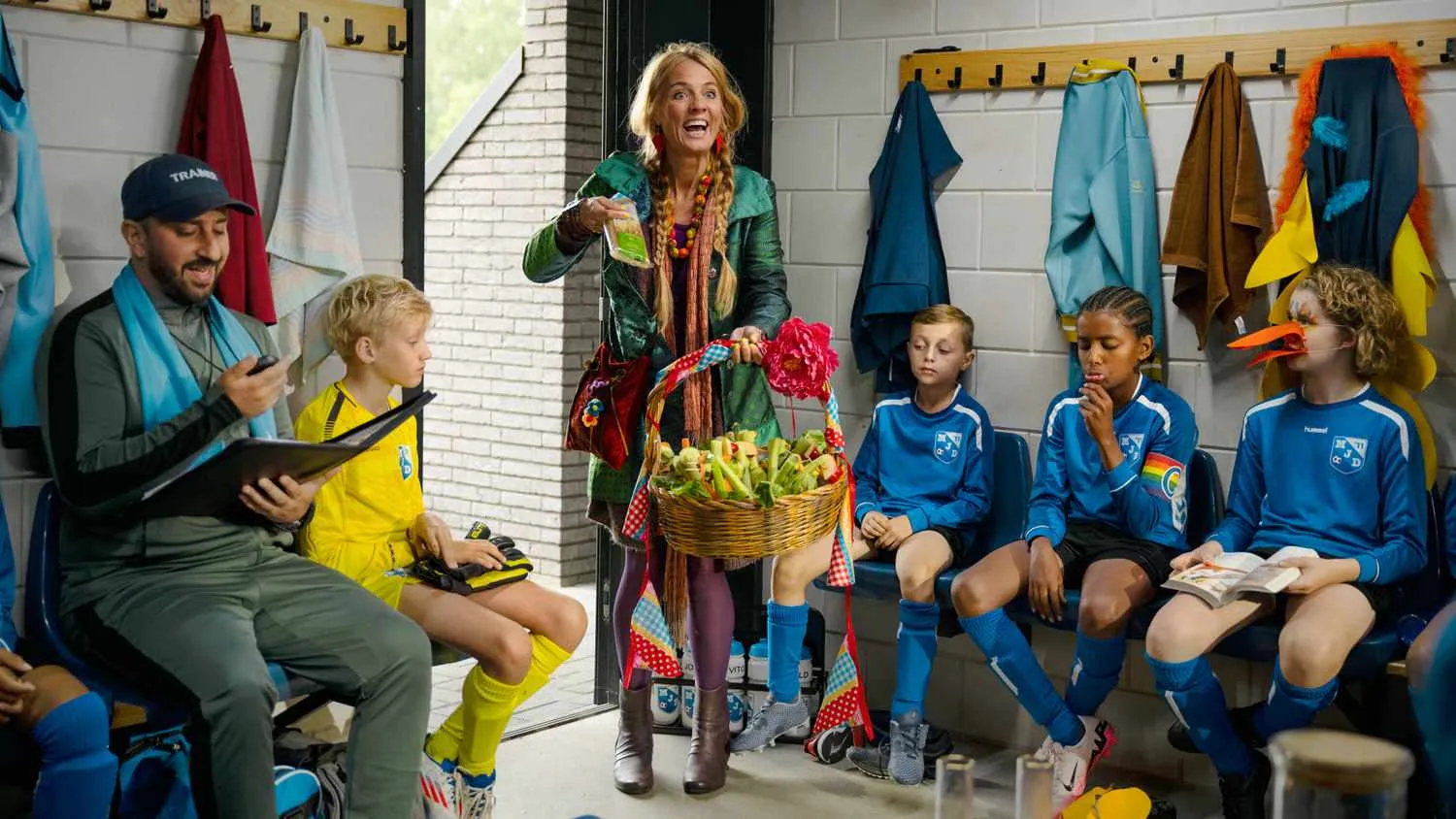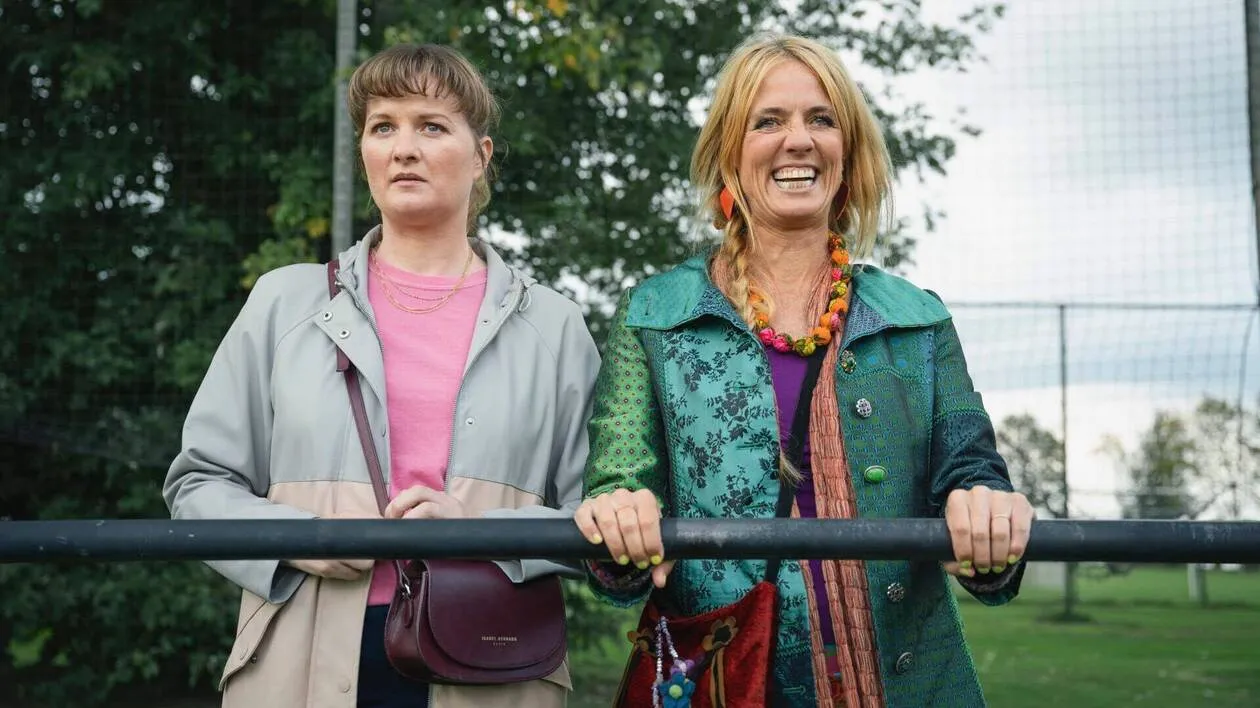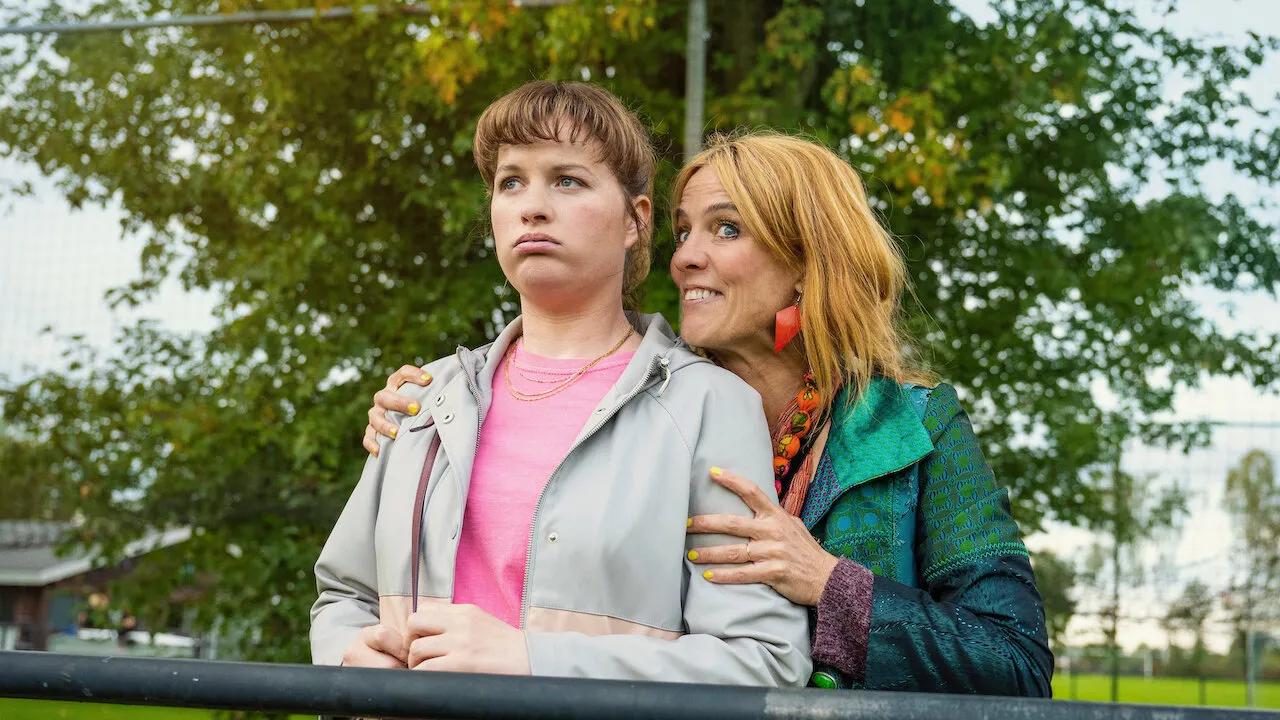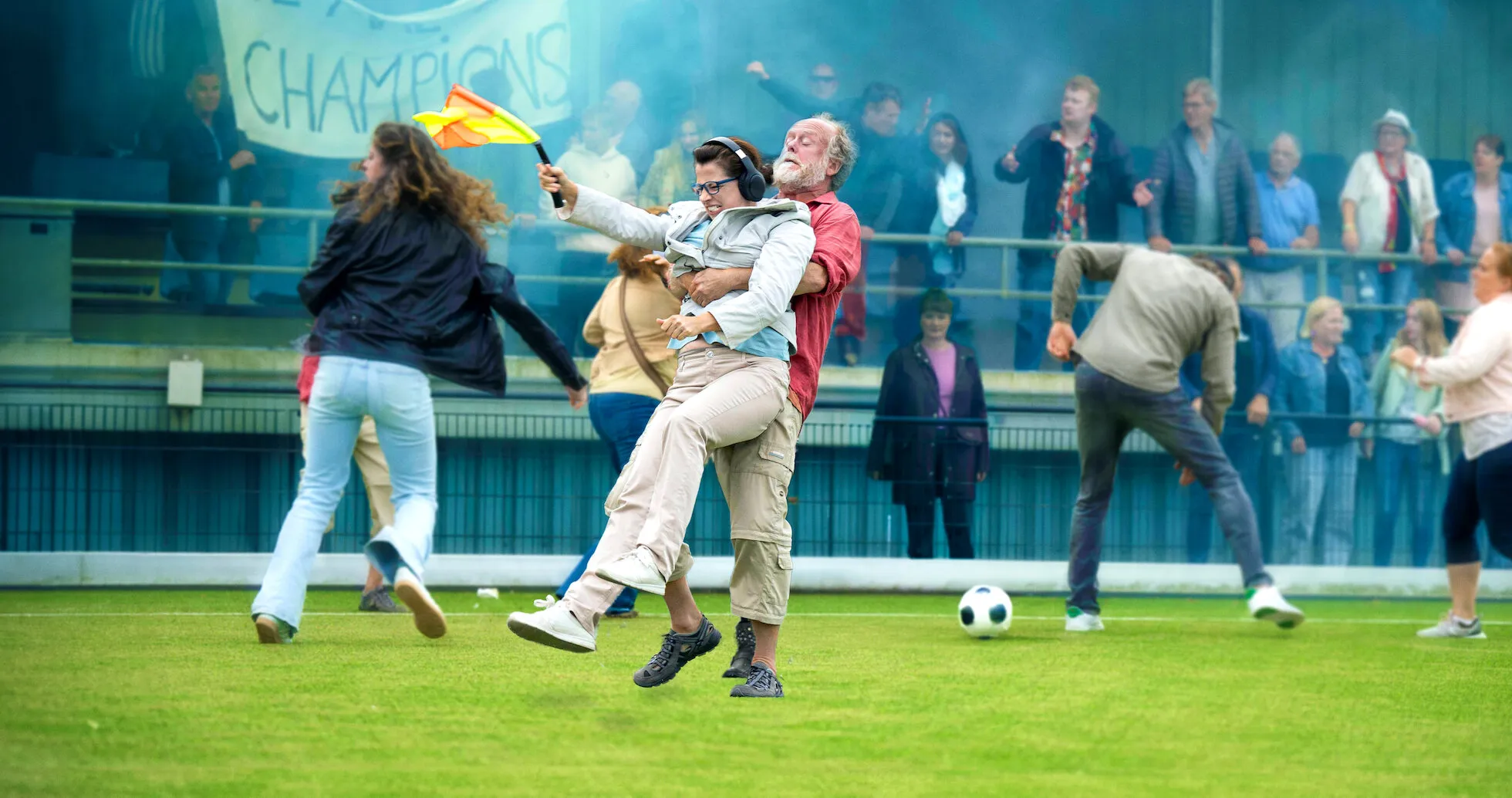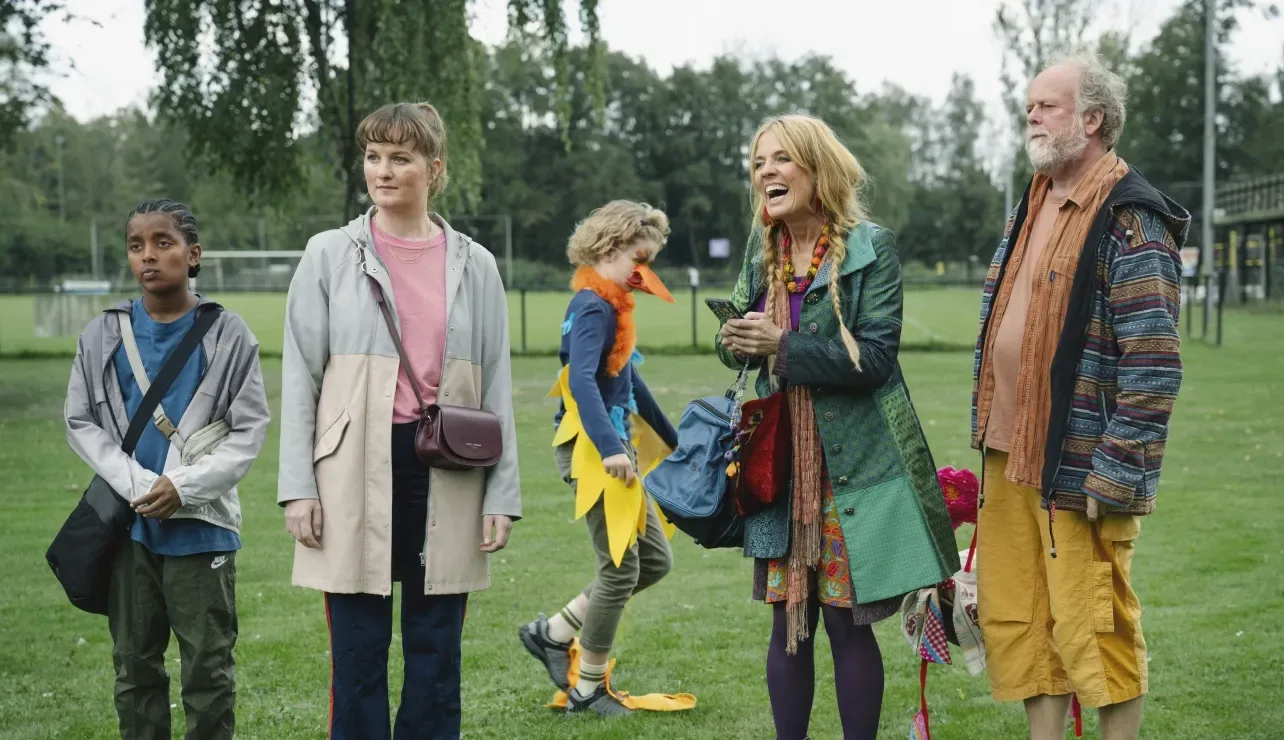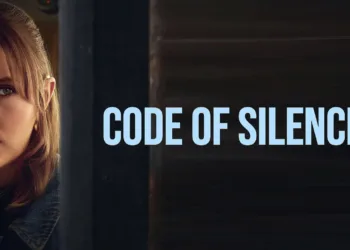Football Parents Season 1 arrives as a fresh, character-driven satire set on the muddy pitches of a Dutch under-13 football club. At its heart is Lilian, a newcomer mother whose aimless cheer meets the ironclad routines of overzealous sideline spectators. Alongside husband Ramadne and son Levi, she navigates a labyrinth of WhatsApp tirades, infantile power struggles and a coach’s mental-health mandate for match days. Crafted by Ilse Warringa—best known for her keen eye on social dynamics—and co-directed with Albert Jan van Rees, the series blends observational humor with authentic glimpses of community life.
In an era when global streaming platforms seek distinctive local voices, Football Parents stakes its claim through cultural specificity: a Surinamese protagonist, a neurodivergent mother-son duo, and subtle nods to faith traditions. These elements resonate against broader shifts toward inclusive casting and narratives that spotlight everyday diversity. The show’s pacing alternates brisk match montages with quieter scenes of parental negotiation, mirroring how real-time chat threads fracture and reconvene. Visually, handheld cameras and natural light underscore its grounded tone, while rapid edits capture both absurdity and genuine warmth. In doing so, the series participates in a trend of modest comedies that reflect shifting norms—placing ordinary lives at the forefront of on-demand storytelling.
Blueprint of the Season: Narrative Flow and Structural Beats
The first episode of Football Parents lays its foundation with precision, introducing Lilian, her son Levi, and Ramadne in a single, fluid sweep. That inaugural practice becomes the catalyst: the family encounters a rigid code of conduct enforced by hyper-vigilant parents, while Coach Yusuf’s unconventional “mental health day” policy for match days hints at evolving attitudes toward youth sports and well-being. Immediate tension arises as parental alliances form—a hierarchy of approval and disapproval—illuminating how groupthink can eclipse individual needs even before the whistle blows.
By the mid-season mark, the show deepens its study of community fracture and solidarity. Lilian’s rapport with Marenka emerges through clashing text-chain threads: Marenka’s exuberant bulletins land as social landmines that Lilian must navigate. Simultaneously, Levi’s first on-field exchange with Vito becomes a quietly radical act of inclusion, challenging the privilege-laden assumptions held by Sandra and Arlette.
Subplots interweave here: Ramadne drifts toward detachment, symbolizing passive complicity in a culture of endless performance, while Lilian channels frustration into a tentative leadership role. These narrative pivots reinforce how cultural norms are constantly renegotiated—both in pixelated group chats and on grassy sidelines.
As the season crescendos, a regional tournament setup offers more than a sports climax; it stages an argument for neurodiversity as a team asset. The editing sharpens, cutting between frantic match moments and intimate parental reckonings. An emotional payoff arrives when marginalized players are embraced by the collective, and long-standing divides between competitive and compassionate mindsets begin to collapse.
Finally, subtle teases for a second season surface: hints of Ramadne reclaiming agency, Mom-and-dad alliances reconfigured, and Coach Yusuf’s next policy experiment. In its structural design, Football Parents demonstrates how streaming comedies can blend episodic momentum with socially resonant arcs—charting a path forward for genre hybrids that reflect contemporary shifts in inclusion and community building.
Players on and off the Pitch: Character Dynamics and Cultural Resonance
At the heart of Football Parents is Lilian (Eva Van Gessel), whose understated delivery becomes the show’s grounding force. With a raised eyebrow or a brief sigh, she communicates more than pages of dialogue ever could. Initially hesitant to engage, Lilian shifts into defender mode when her son Levi faces undue scrutiny. This shift—from sideline observer to protective advocate—mirrors how ordinary individuals can rethink their roles within a community and assert new forms of care.
Marenka (Ilse Warringa) and her son Vito (Seb Van Gemert) bring neurodivergence into the spotlight with both warmth and tension. Vito’s unfiltered commentary and Marenka’s social misreads generate humor, yes, but they also offer a counterpoint to conventional portrayals of difference. Their bond challenges the assumption that conformity equals competence. Instead, each misstep on the field underscores the value of alternative perspectives—and streaming platforms are increasingly eager to showcase such voices.
The supporting parents form a microcosm of social archetypes. Sandra and Arlette serve as antagonistic pressure-cookers, their competitiveness reflecting a winner-takes-all mindset that still permeates many youth activities. Boris, a lawyer desperate to reclaim status, highlights how professional anxieties often bleed into personal domains. Edwin’s preoccupation with past injuries and his awkward flirtation with Lilian underscore how personal histories shape present behavior. Then there’s Ellen, whose audio insulation gestures towards the silent majority: those overwhelmed by collective fervor but rarely heard.
Among the young players, Levi (Yosef Weijers) balances high expectations with a search for genuine enjoyment. His Surinamese heritage adds cultural depth, while his friendship with Vito signals the show’s embrace of inclusive play. Ela’s cameo—coached by her aunt, wearing a headscarf—reminds viewers that faith traditions, too, inhabit these communal spaces, even when institutions hesitate to acknowledge them.
Together, this ensemble demonstrates a shift in global storytelling: character groups defined less by archetype and more by intersectional realities. It’s a pattern we’re seeing across streaming services, where authenticity and diverse backgrounds become markers of narrative innovation—and cultural progress.
Shifting Sidelines: Themes and Social Commentary
Football Parents stages a pointed satire of the winning-at-all-costs attitude that has come to define youth sports. On one side stand Sandra and Arlette, whose every comment drips with performance anxiety; on the other, Lilian, whose relaxed cheering carries an unspoken permission for children to play for pleasure. By juxtaposing Lilian’s offhand support with the high-decibel demands of competitive parents, the series exposes how adult ambitions can overshadow a child’s natural curiosity and joy. In a broader sense, this critique resonates in today’s hyper-competitive culture—where achievement is frequently measured by trophies rather than growth.
Inclusion arrives as a quietly revolutionary theme through Marenka and Vito. Their neurodivergent bond breaks conventional molds: Vito’s candid observations and Marenka’s social candor offer refreshing alternatives to homogenized team dynamics. Meanwhile, Levi’s Surinamese background and Ela’s brief appearance in a headscarf gesture toward cultural layers that many sports comedies overlook. By weaving these identities into the fabric of everyday scenes, the show models how representation can occur without fanfare—normalizing difference instead of framing it as an episode-long moral.
The WhatsApp group serves as a microcosm for modern community formation: rapid-fire messages become forums for alliance-building, conflict, and casual cruelty. Yet when a pivotal match unites parents and players in collective celebration, Football Parents suggests that communal bonds can outlast digital sparring. This dynamic mirrors shifting social norms around belonging: despite our tendencies to fracture into interest-based factions, shared experiences—like cheering on an underdog—can foster genuine solidarity. Streaming platforms, hungry for content that reflects contemporary social discourse, would do well to note how this series transforms a local football pitch into a stage for cultural conversation.
Designing the Sideline Spectacle
Football Parents pivots on a clever blend of situational farce and observational wit. From on-field ejections provoked by overzealous sideline shouting to the digital mayhem of group-chat tirades, the series mines everyday absurdity for comedic gold.
Deadpan reactions—Lilian’s unimpressed pauses, for example—collide headlong with slapstick extremes, such as Marenka’s clipboard-induced chaos, creating a rhythm that feels both unpredictable and meticulously timed. Recurring gags, like Edwin’s obsessive countdown to ACL recovery or Boris’s WWII analogies, punctuate scenes with ironic echoes of larger societal fixations on performance and historical gravity.
Visually, the show opts for grounded authenticity. Shooting on-location at an Amsterdam youth club imbues each frame with tangible texture: scuffed grass, scuffed sneakers, scuffed ambitions. Natural light filters through overcast skies without artifice, while candid crowd shots capture real-time reactions—cheers, sighs, eye-rolls—reminding viewers that this comedy inhabits the same messy world they know.
Pacing and editing reinforce the duality of analog and digital life. Rapid-fire cuts during match sequences convey kinetic energy, yet split-screens for smartphone chatter underscore how parents oscillate between presence and screen-mediated distraction. In marrying these techniques, Football Parents exemplifies an emerging streaming trend: comedies that balance intimate realism with the heightened tempo of our social-media age.
Behind the Whistle: Production Elements
The writing in Football Parents strikes a deft balance between tightly plotted humor and spontaneous exchanges. Scripted gags—such as Abby’s offhand remark about snack priorities—land with precision, yet actors are often given room to riff, lending scenes an easy-flowing authenticity. Bilingual dialogue blends Dutch idioms with clipped English phrases, capturing the real-world friction of multicultural suburbs.
Visually, the series relies on both handheld immediacy and composed stillness. Framing often positions parents in the foreground with blurred players beyond, underscoring adult-centric perspectives. At key moments—like Marenka’s clipboard theatrics—the camera shifts to static wide shots, allowing physical comedy to play out in full.
Sound design immerses viewers in the pitch’s atmosphere: the thud of cleats, distant referee whistles, and murmured strategy calls weave through episodes. A subtle score—light piano motifs or soft percussion—swells during moments of quiet solidarity and recedes when digital chatter takes over, emphasizing how community life oscillates between human connection and screen-fueled distraction.
From Sidelines to Spotlight: Engagement and Future Trajectories
Football Parents excels at forging emotional connections through its ensemble’s shared vulnerabilities. Parents recognize Lilian’s exasperation, coaches nod at Yusuf’s well-meaning but flawed policies, and anyone who’s ever chased bleacher glory will wince at the over-the-top sideline theatrics. Within these absurd displays lie moments of genuine warmth—Levi extending a high-five to Vito after an uneven pass, or Marenka’s unguarded encouragement when no cameras roll—that remind viewers why communal rituals endure.
Yet the series could deepen its resonance by granting secondary figures richer backstories. Sandra and Arlette bristle with competitive fervor, but seldom reveal why; a glimpse into their personal stakes might temper caricature with empathy. Likewise, allowing the children’s perspectives more breathing room would recalibrate the adult-centric lens and underline how youthful agency shapes communal outcomes.
Looking ahead, the show teases compelling avenues: Ramadne’s potential transformation from detached observer to active mentor, and the team’s quest beyond regional play. If future seasons broaden cultural representation and introduce new age brackets—perhaps spotlighting volunteer coaches or underdog clubs abroad—Football Parents may well chart a fresh course for socially conscious comedies on global streaming platforms.
Football Parents is a Dutch comedy series that premiered on Netflix on May 16, 2025.
Full Credits
Directors: Ilse Warringa, Albert Jan van Rees
Writer: Ilse Warringa
Producers: Hollands Licht
Cast: Ilse Warringa, Eva van Gessel, Mariana Aparicio, Michiel Nooter, Edwin Jonker, Bas Hoeflaak, Guido Pollemans, Leonoor Koster, Arnoud Bos, Nyncke Beekhuyzen, Gürkan Küçüksentürk, Evrim Akyigit, Rian Gerritsen, Steef Cuijpers, René van ‘t Hof
Director of Photography (Cinematographer): Sal Kroonenberg
The Review
Football Parents
Football Parents taps into the universal chaos of youth sports with sharp satire and genuine heart, highlighting inclusion through neurodivergent representation and cultural nuance. While its secondary players sometimes feel underexplored and the adult antics overshadow the kids, the series’ blend of grounded visuals, witty pacing, and emerging trends in authentic storytelling make it a worthwhile entry for any streaming slate.
PROS
- Sharp satire of parental overreach in youth sports
- Thoughtful neurodivergent representation through Marenka and Vito
- Relatable emotional beats amid absurd comedy
- Authentic visual style and on-location shooting
- Bilingual dialogue adds cultural texture
CONS
- Secondary parents lack deeper backstories
- Children’s perspectives sometimes sidelined
- Humor can feel repetitive by mid-season
- Tone occasionally wobbles between satire and crassness








































